
By Samuel SAM
President Nana Akufo-Addo has emphasised the critical role of education as a catalyst to transform the economy, stressing a need for continuous investment in the sector to develop the required skilled workforce.
He reiterated that his government is committed to ensuring education in Ghana becomes a tool to drive economic growth, improve living standards and reduce poverty, which is evident in his prioritisation of education from the first year he assumed office.
“We believe that educating the population is the bedrock of driving democracy for a vibrant economy and just society. It is for this reason that we have been developing policies that improve access to education at all levels.
“My government has expended considerable energy and resources on the education sector because we recognise that education is the most powerful tool we have to transform our nation,” he said.
President Akufo-Addo made these remarks at the inauguration ceremony of a state-of-the-art three-unit educational facility at the Nyankpala Campus, University for Development Studies (UDS), and echoed that the nation’s future depends on the quality of education provided to children and young people today.
Highlighting the essence of a skilled workforce, he stated that equipping Ghanaians with skills and knowledge required to compete in the global economy is essential for driving innovation, producing global entrepreneurs and promoting economic growth.
The President mentioned that, so far, his government has made budgetary allocations of over GH?12.8billion to the education sector, thereby demonstrating the shared determination to ensure education becomes a catalyst around which the nation’s transformation revolves.
Impact of No Guarantor Policy
Nana Addo shed light on the significant role the ‘no guarantor policy’ for the Student Loan Trust Fund (SLTF) introduced under his leadership played in improving access to tertiary education in Ghana; adding that this policy has removed the financial barriers which have historically prevented many brilliant students from pursuing higher education.
This led to an increase in tertiary enrolment from 443,978 students in the 2016-2017 academic year to 711,695 in the 2020-23 academic year – an increase of 60.3 percent.
“We are pursuing interventions toward achieving the 40 percent gross tertiary enrolment ratio – up from the current level of 18.84 percent – by 2030, as well as the 60-40 science to humanities ratio from the current 40-60 as captured in the education strategic plan 2018-2030,” he stated.
Research and Book Allowances
The President said his government recognises the pivotal role that educators and researchers play in national development, and is committed to paying research and book allowances to lecturers.
Since 2020, government has disbursed about GH?226.8million as a research allowance; stimulating an environment conducive to scholarly research and innovation. A further amount of GH?491million has been allocated as book allowance, he said.
He noted that government acknowledges the critical role of private institutions in broadening access to quality education, encouraging innovation and driving national development.
Mr. Akufo-Addo urged all universities in the country to strengthen their ties with industry, government and local communities to ensure their research and teaching are aligned with societal needs to contribute directly in the realisation of national development goals.
The post Continuous investment in education a must to transform economy – Akufo-Addo appeared first on The Business & Financial Times.
Read Full Story
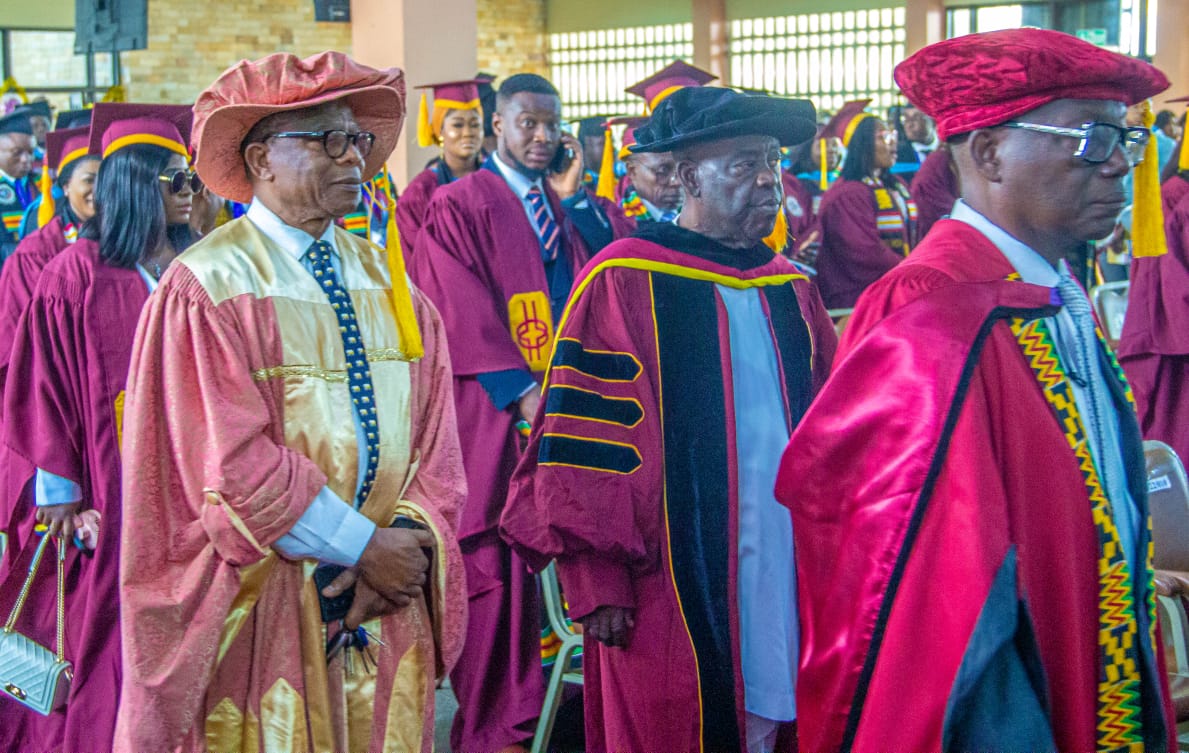
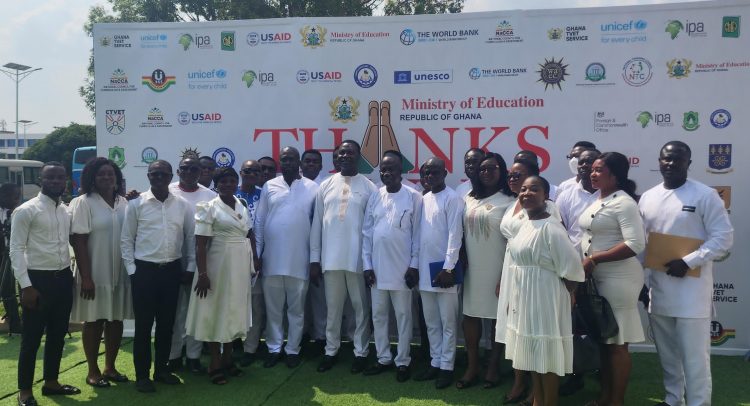
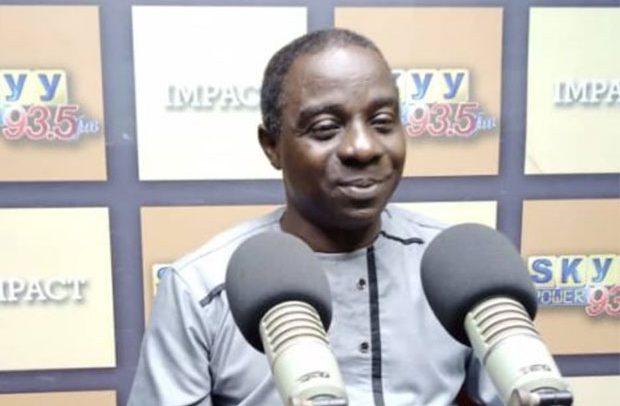
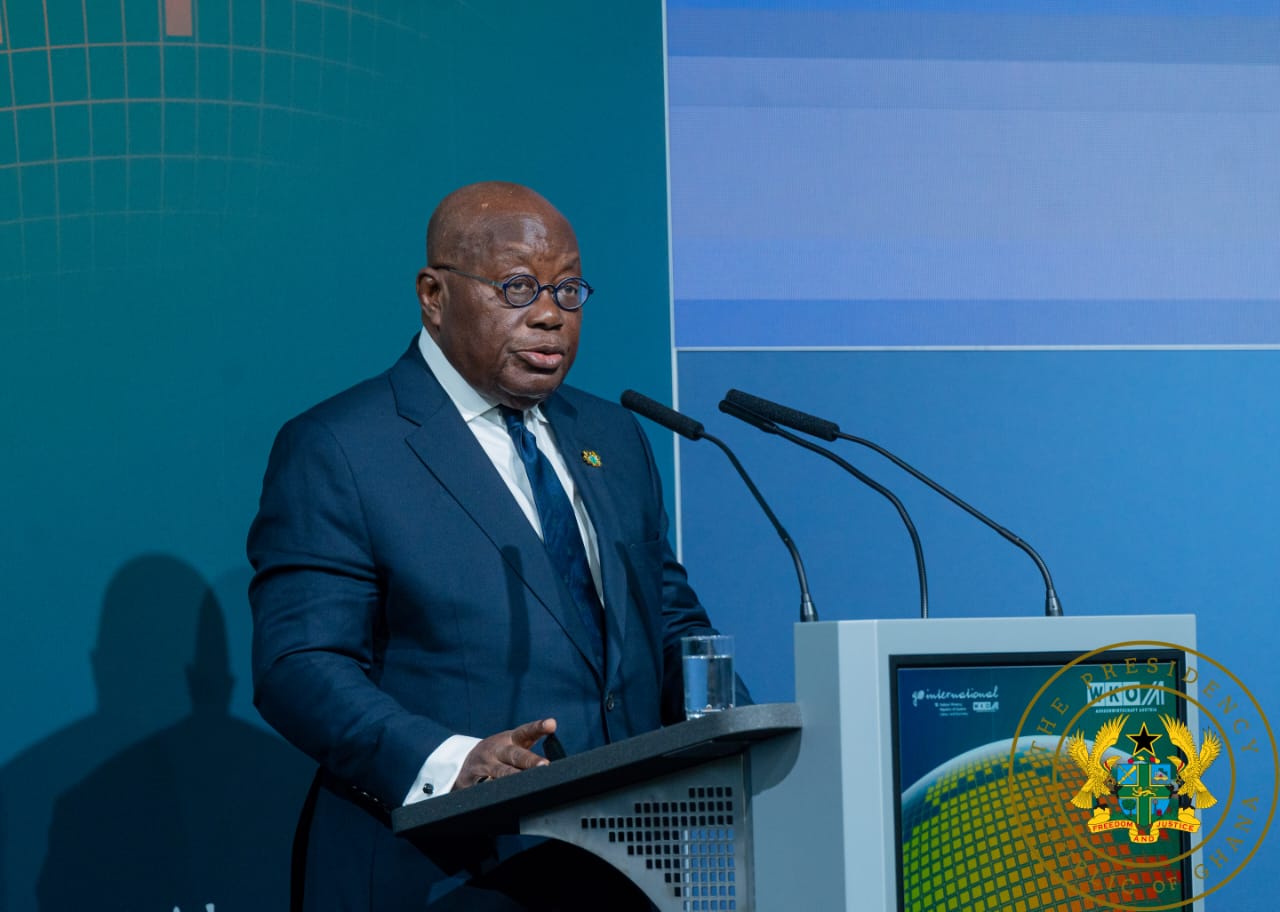
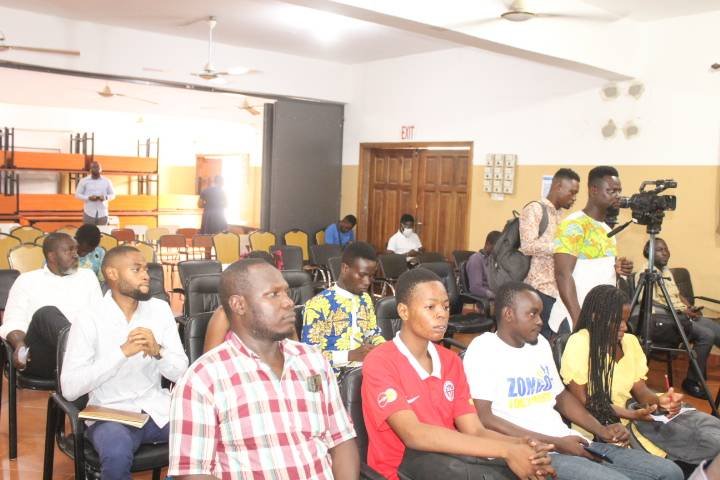
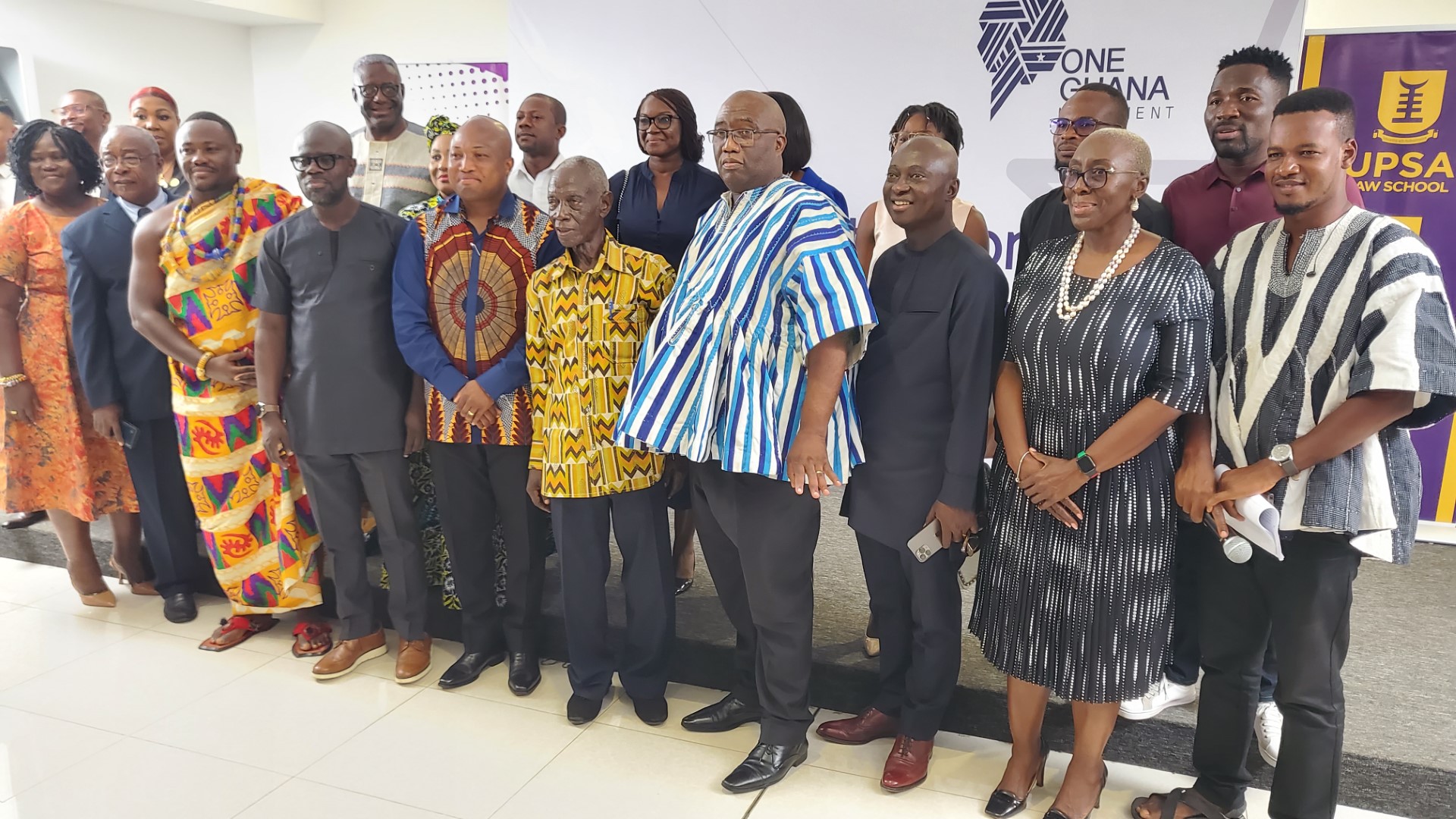







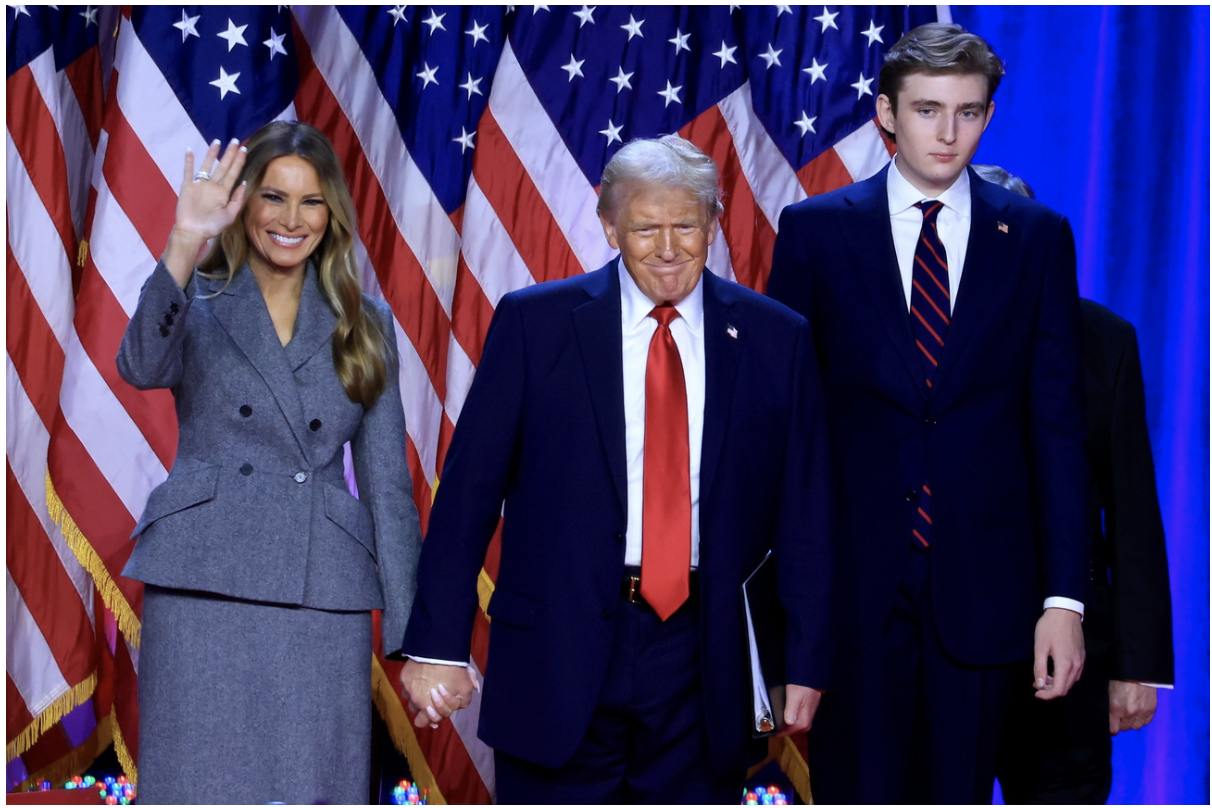


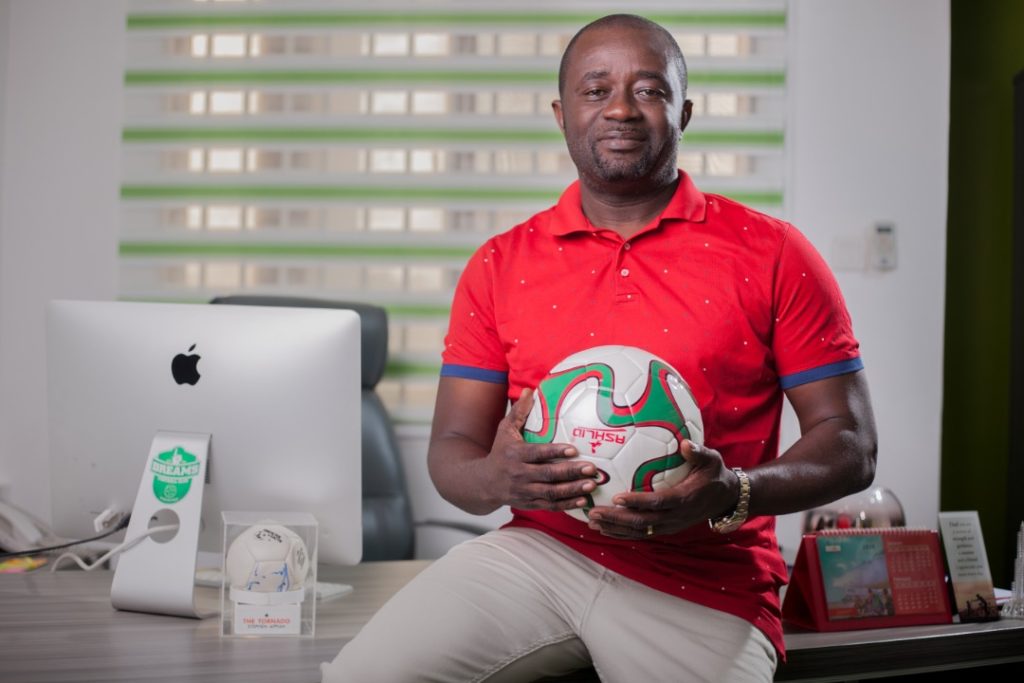
Facebook
Twitter
Pinterest
Instagram
Google+
YouTube
LinkedIn
RSS